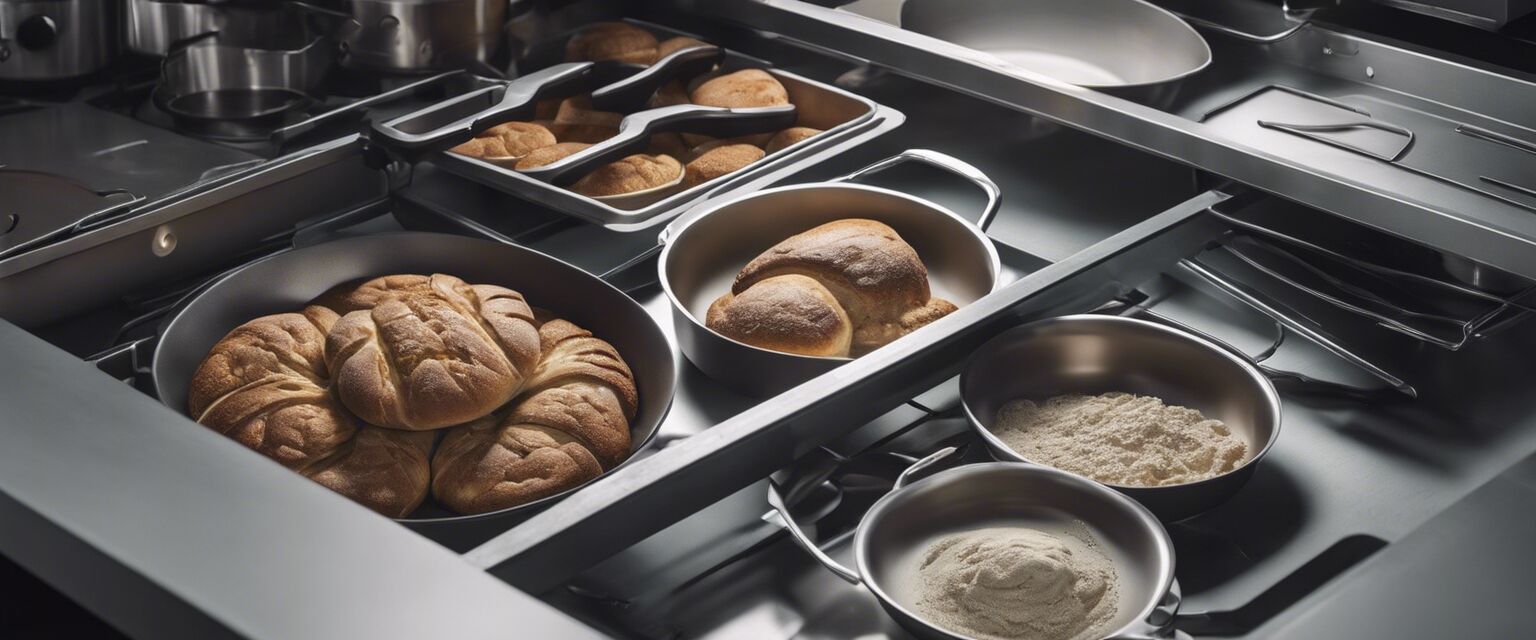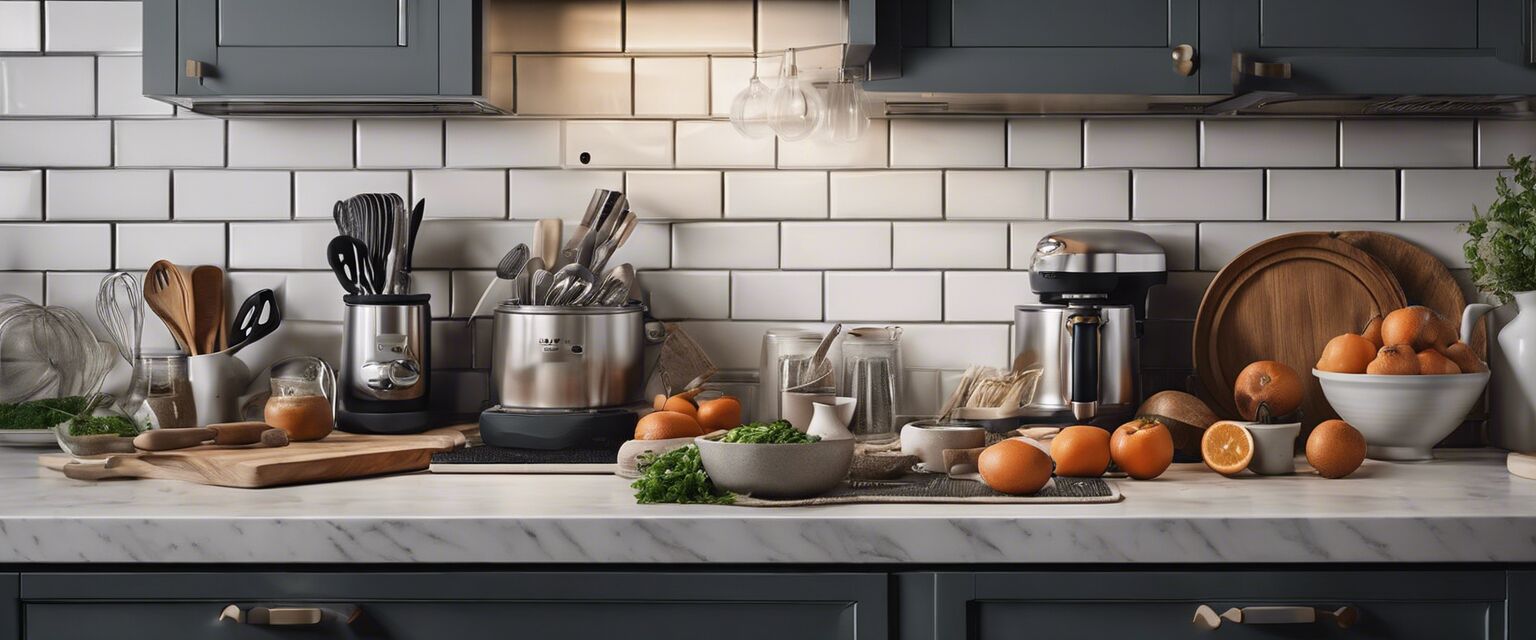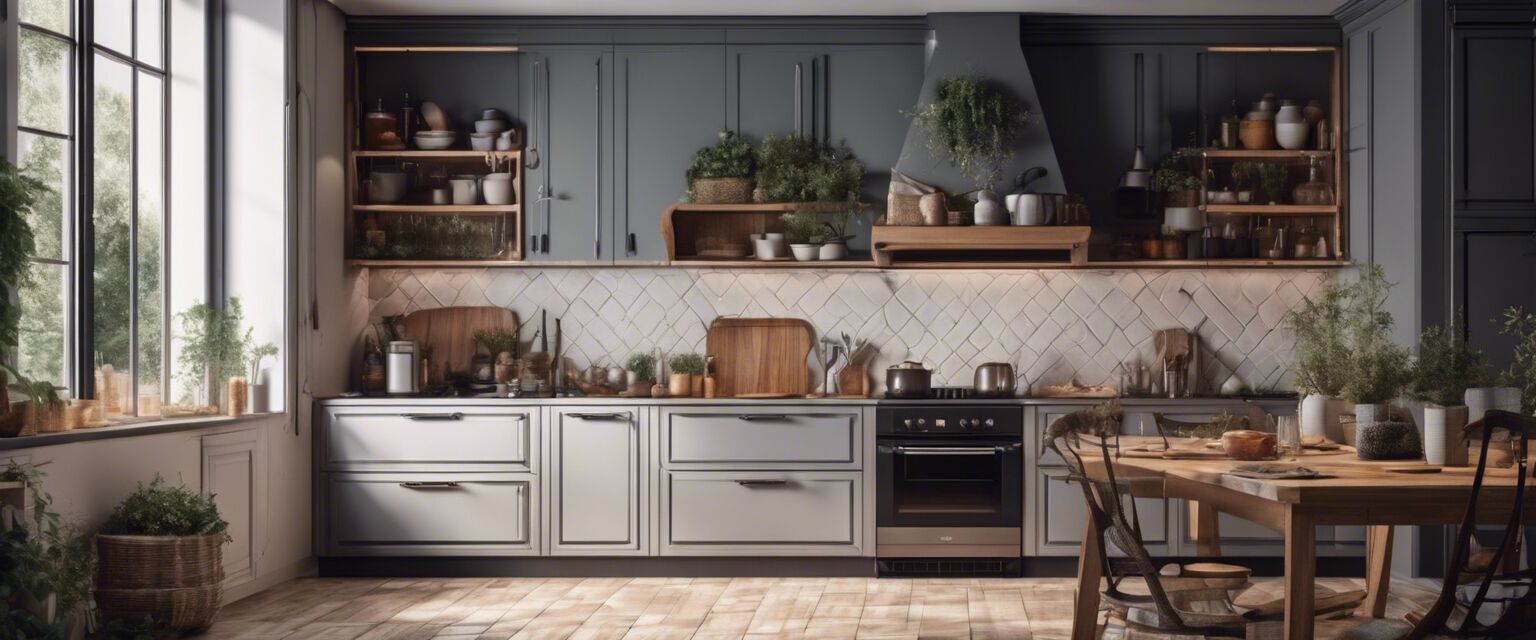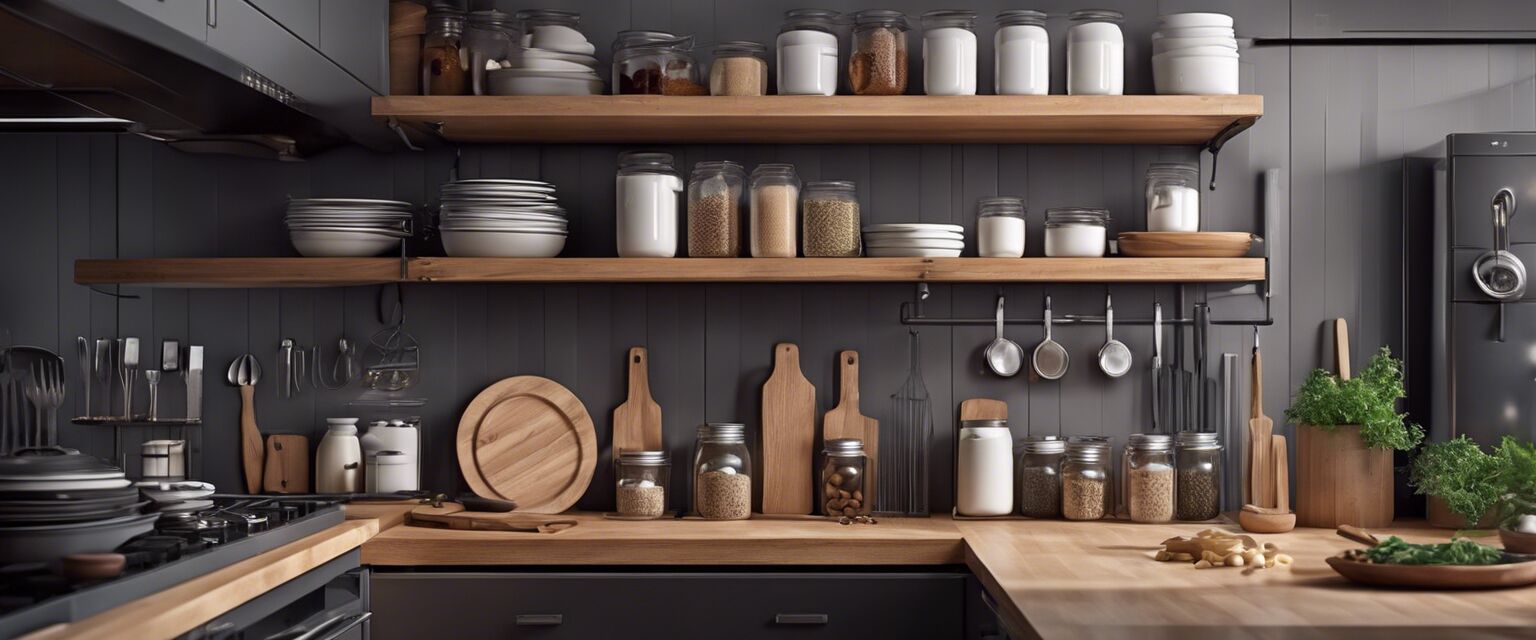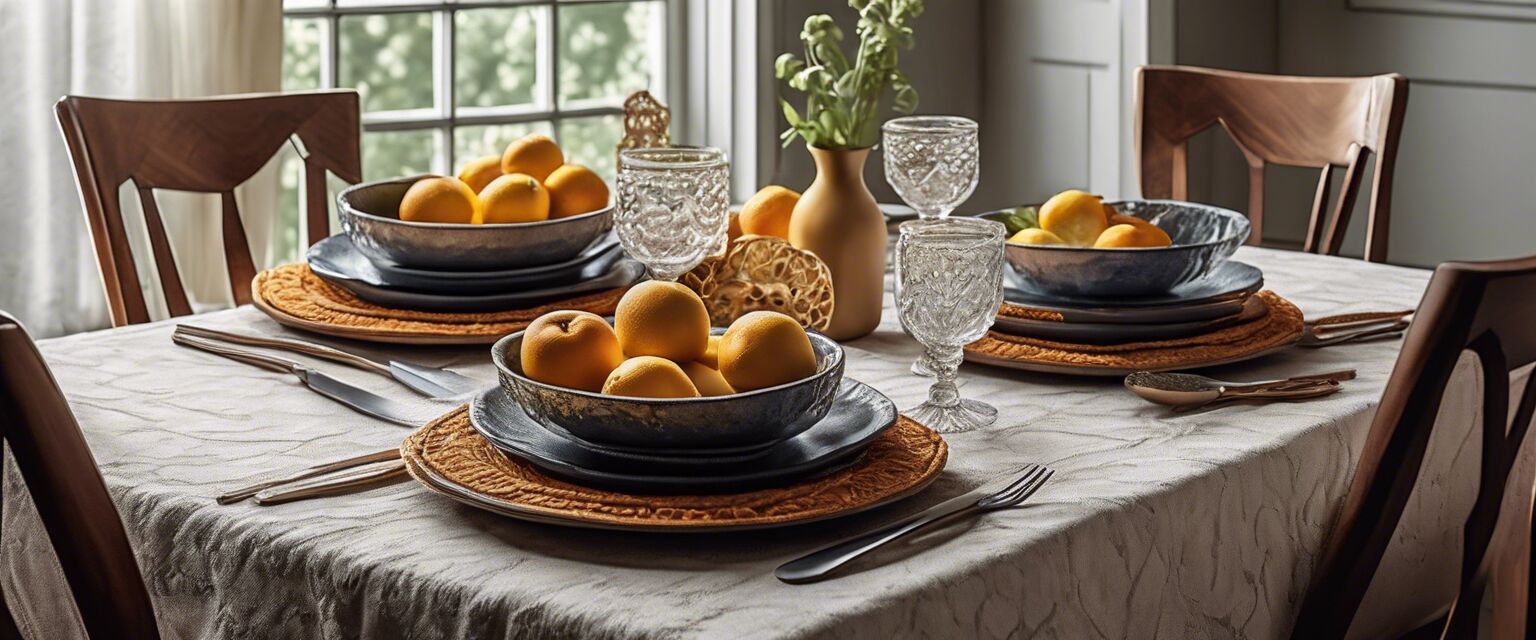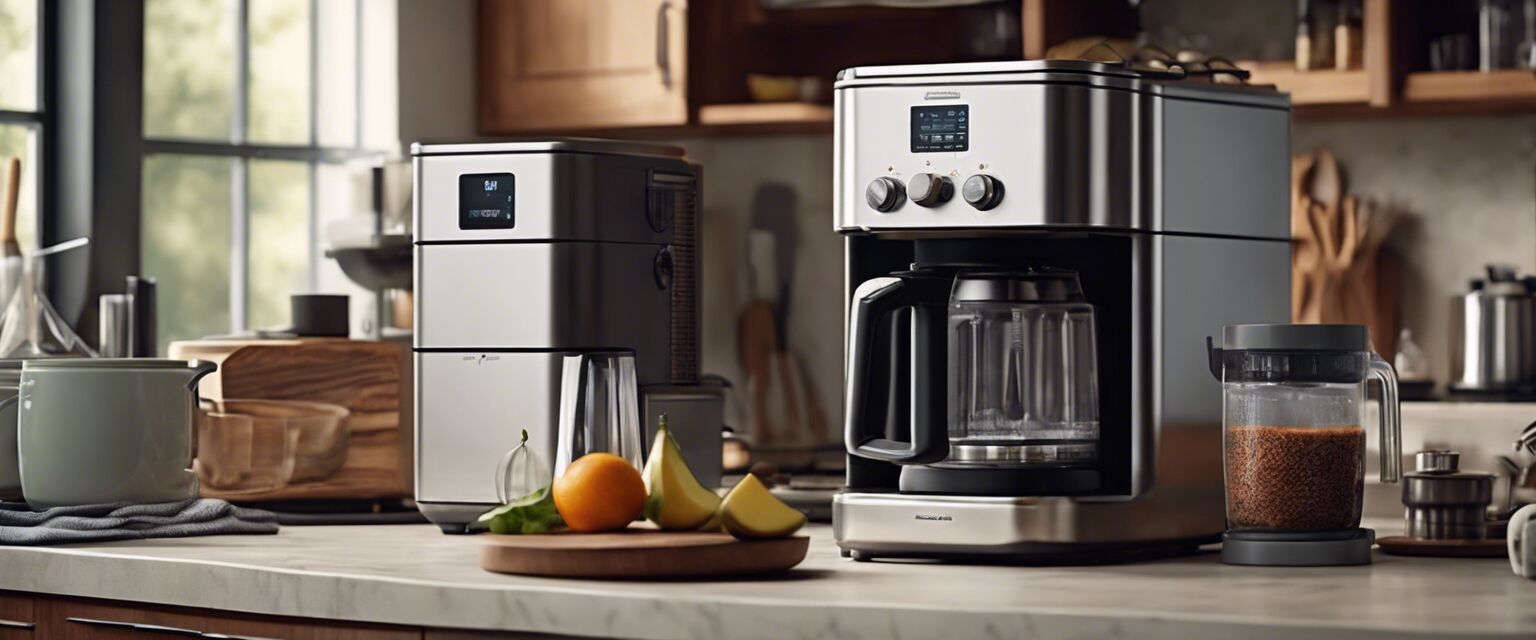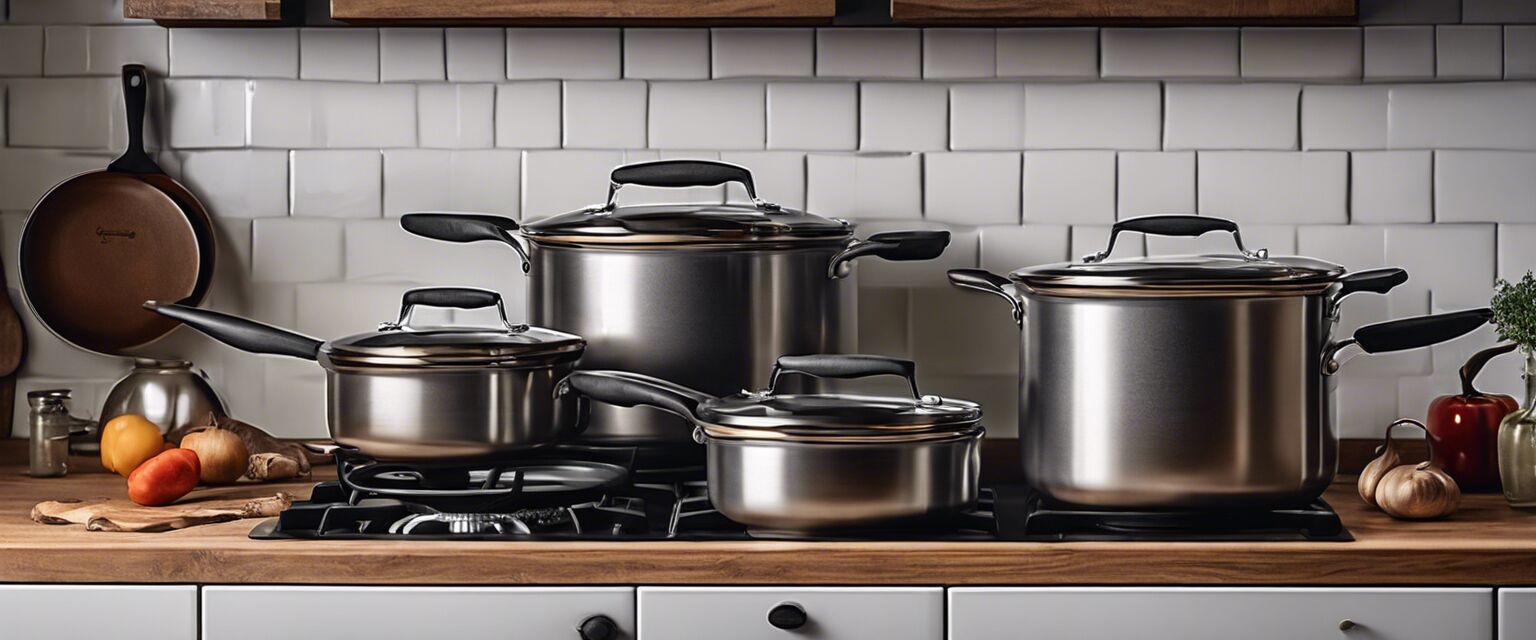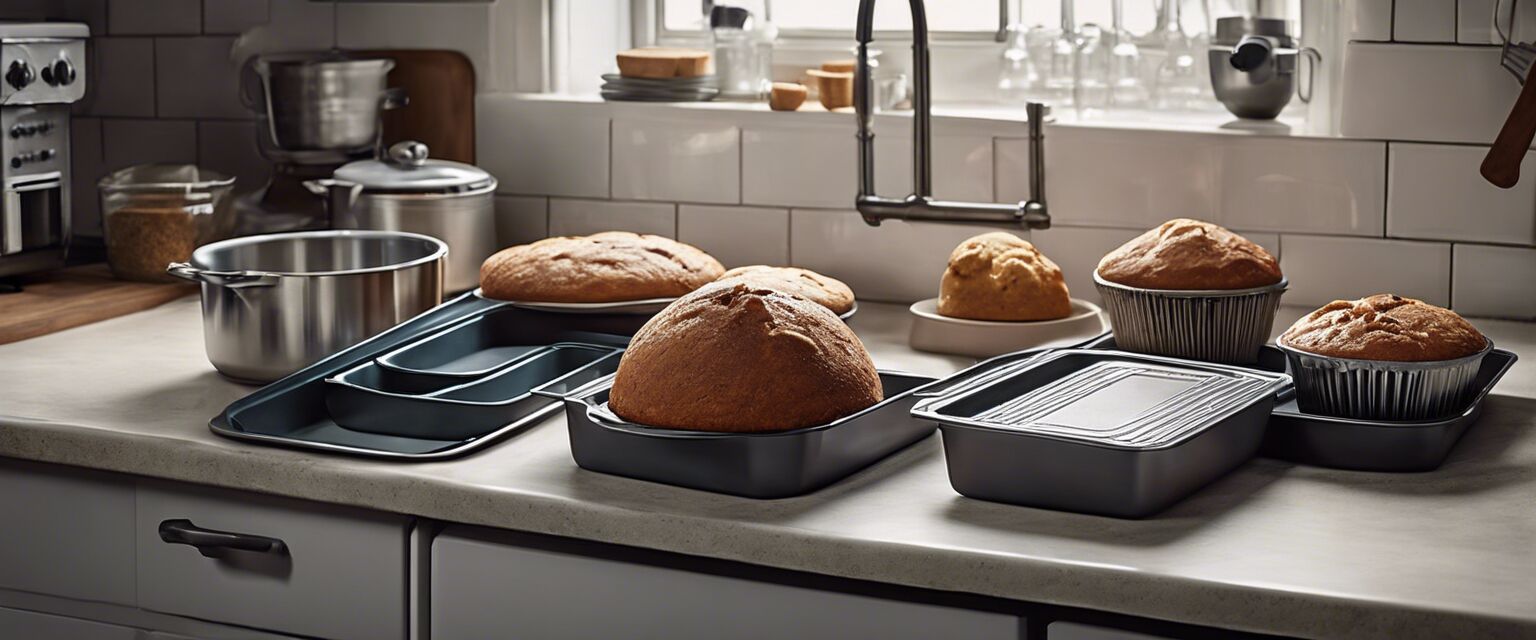
Bakeware: A comprehensive guide to essential and specialized bakeware for all your baking needs
Key Takeaways
- Bakeware comes in various materials, each with unique properties.
- Understanding the types of bakeware helps in selecting the right tools for your baking projects.
- Proper maintenance of bakeware extends its life and improves baking results.
Baking is an art that requires precision and the right tools. Bakeware is essential in achieving delicious results, whether you are baking a simple loaf of bread or an elaborate birthday cake. In this guide, we will explore the various types of bakeware available, their materials, and tips for maintaining them.
Types of bakeware
Bakeware can be categorized based on its shape, material, and function. Below is a list of common types of bakeware:
- **Cake pans** - Used primarily for baking cakes in various shapes.
- **Muffin tins** - Ideal for baking muffins and cupcakes.
- **Baking sheets** - Perfect for cookies and roasting vegetables.
- **Loaf pans** - Used for baking bread and meatloaf.
- **Pie pans** - Specifically designed for baking pies.
- **Casserole dishes** - Great for baking casseroles and lasagnas.
Materials used in bakeware
Different materials used in bakeware can significantly influence baking performance. Hereâs a breakdown of common bakeware materials:
| Material | Advantages | Disadvantages |
|---|---|---|
| Aluminum | Conducts heat well, lightweight | Can warp at high temperatures |
| Glass | Even heat distribution, non-reactive | Can break if dropped, heavier |
| Ceramic | Good heat retention, visually appealing | Can be prone to chipping |
| Silicone | Flexible, non-stick, easy to clean | Can be unstable when filled, may not brown as well |
Specialized bakeware
In addition to standard bakeware, there are specialized options designed for specific baking tasks. Here are a few examples:
- **Springform pans** - Ideal for cheesecakes and delicate desserts.
- **Bundt pans** - Used for creating beautifully shaped cakes.
- **Tart pans** - Feature a removable bottom for easy serving.
- **Pizza stones** - Help achieve a crispy crust for homemade pizzas.
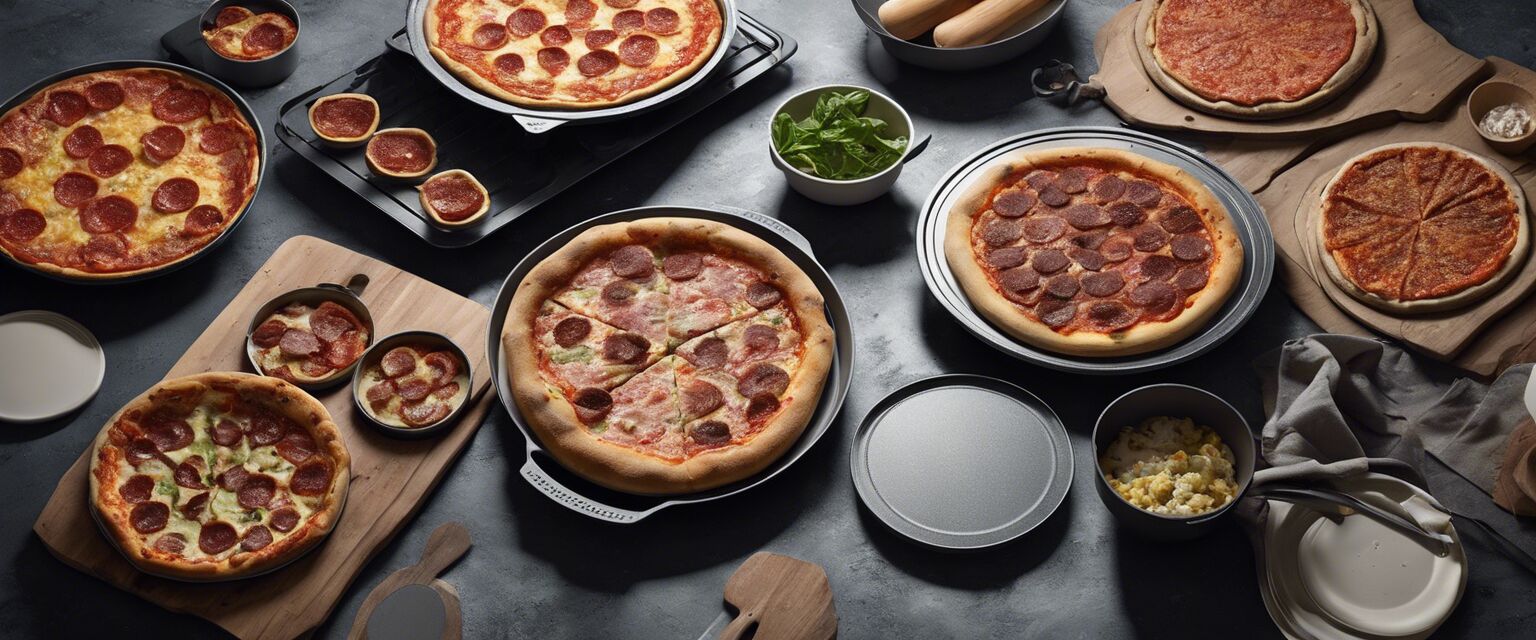
Tips for maintaining bakeware
Proper care and maintenance of your bakeware can extend its life and improve baking results. Here are some essential tips:
Beginners Section: Caring for Your Bakeware
- Always follow the manufacturerâs instructions for cleaning and usage.
- Avoid using metal utensils on non-stick bakeware to prevent scratches.
- Store bakeware in a dry place to prevent moisture buildup.
- For glass and ceramic bakeware, avoid sudden temperature changes to prevent cracking.
Choosing the right bakeware for your needs
When selecting bakeware, consider the following factors:
- **Baking frequency** - If you bake often, invest in high-quality materials.
- **Dishwasher safe** - Look for bakeware that is easy to clean.
- **Size and shape** - Match the bakeware to your favorite recipes.
Conclusion
Understanding the different types and materials of bakeware is essential for anyone who loves to bake. Whether you're making cookies, cakes, or casseroles, having the right bakeware will enhance your baking experience. Remember to care for your bakeware properly to ensure it lasts for years to come.
Related categories
Explore more about kitchen essentials by visiting our other product categories:
Pros
- Wide variety of options available for all baking needs.
- Different materials provide unique baking benefits.
- Well-maintained bakeware can last a lifetime.
Cons
- Some materials can be prone to scratching or chipping.
- High-quality bakeware can be expensive.
- Improper care can lead to reduced performance.
